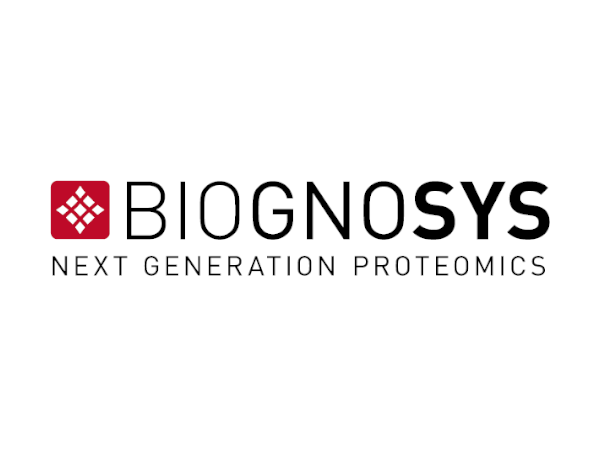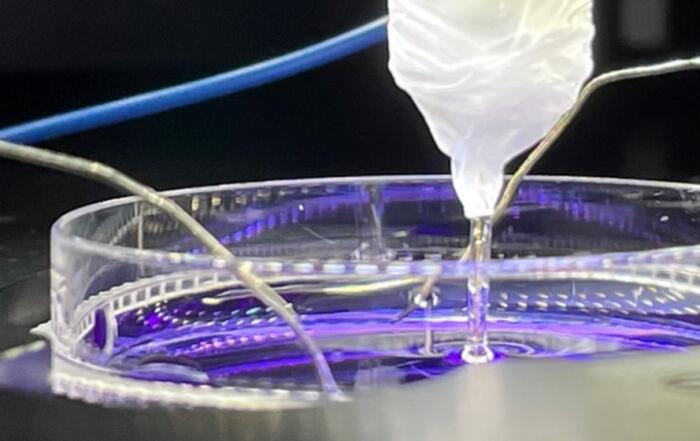Prof. Manuel Mayr and Dr. Marco Tognetti discussed how plasma proteomics is increasingly recognized as a fundamental approach to accelerate biomarker discovery and drug development, taking precision medicine to the next level.
Liquid biopsy, utilizing blood as a less invasive alternative for tissue samples, is becoming more and more prominent in precision medicine. The possibility to analyze blood samples across the species matrix makes mass spectrometry-based proteomics a powerful tool for early-stage, translational, and clinical research.
The integration of proteomics into the research pipeline helps to accelerate and de-risk drug development by bridging insights from the genotype and the phenotype to decode the complexity of disease pathways. Biognosys’ new and improved plasma biomarker discovery solution takes an unbiased and hypothesis-free approach to analyze the proteome beyond the expected. Starting from the complete proteome, the workflow identifies 3,000 of the most relevant proteins and an unlimited number of proteoforms in plasma and serum samples.
Prof. Manuel Mayr from King’s College London, discussed the importance of mass spectrometry-based plasma proteomics in cardiovascular and Covid-19 research. Marco Tognetti, PhD from Biognosys, demonstrated the application of Biognosys’ optimized plasma workflow in a pan-cancer study focused on identifying biomarker candidates from tissue leakage. Finally, Kanna Palaniappan, PhD from Freenome, shared perspectives on the value of unbiased proteomics for intelligent data analysis in early cancer detection. The webinar concluded with a panel discussion, chaired by Biognosys CEO and co-founder Oliver Rinner, PhD.
Key Topics Include:
- The importance of the plasma proteome in research and clinics
- Advantages of mass spectrometry methods to analyze the plasma proteome
- The application of Biognosys’ innovative plasma proteomics workflow in clinical research
Resources
To retrieve a PDF copy of the presentation, click on the link below the slide player. From this page, click on the “Download” link to retrieve the file.
Presenters
Professor of Cardiovascular Proteomics
King's College London
Principal Scientist
Biognosys
CEO
Biognosys
Staff Scientist
Freenome








